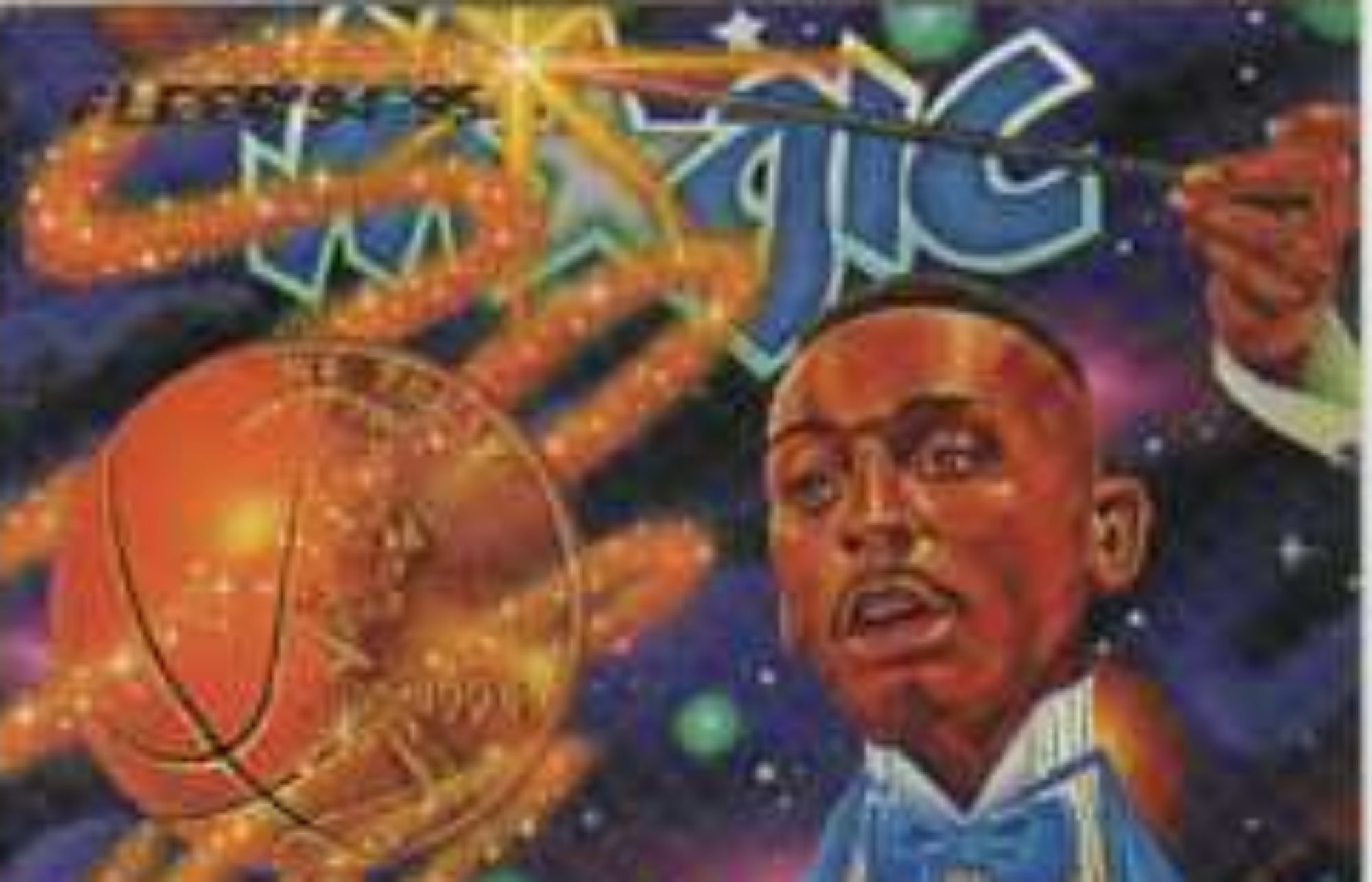Tracy McGrady is one of my favorite basketball players ever and every several months or so I watch the above clip when he scores 13 points in 33 seconds. For reasons I’ve never fully been able to articulate, there is something extraordinarily poignant about the end of game interview with Craig Sagar. I actually, seriously, just cried watching it again just now.
I guess to try to explain it Sagar is asking questions not as a reporter but as a person sincerely stunned by what just happened. Post-game sports reporting is obviously, and justifiably, universally panned for its near total inspidity (“How did it feel?” “Well, I knew I wanted to hit the shot for my team but we’re just taking it one game at a time”).
The Sagar-McGrady interview, though, shows the occasional profound strength of such exchanges. Sagar just wants to let McGrady talk – He doesn’t ask questions, he gives prompts. Which is criticized a lot in some takes on sports journalism, but it actually makes sense. You’re not trying to get the answer here on a specific informational question, you’re trying to use the interview to ferret out someone’s psyche.
And Sagar gets to McGrady’s psyche. McGrady truly can’t believe what he just did either! This cuts to the essence of McGrady, a player with the transcendent gifts of Jordan or Kobe but the unwillingness/inability to apply those gifts into a monomaniacal pursuit of being the best. For McGrady his 13 points in 33 seconds isn’t some manifest destiny of his insatiable thirst to destroy opponents. He’s as surprised as we are!
As succinctly put in the interview, McGrady intellectually understood A.) he was by far the best Rockets scorer B.) the Rockets don’t have a lot of scorers and the Spurs are a great team with a great defense, including McGrady’s defender, Bruce Bowen and C.) McGrady getting hot at the end was really the only shot the team had
That he made shots with all-time great defenders Bowen and Tim Duncan draped over him – that he made a 4-point play – I mean, it’s just unbelievable stuff and there’s no effort by Sagar or McGrady to suddenly make it somewhat believable or logical or part of some kind of recognizable narrative. This is not Jordan making 2 game-winning shots in the last 6 seconds of the 1989 playoff series against the Cavs – that’s the ultimate narrative-driven moment in basketball, a never-before-seen basketball player moving from phenomenon to someone ready to fully dominate the league.
If anything, the performance is the anti-narrative nature of McGrady’s career. Unlike the Jordan “shot” or the Magic baby sky hook or a number of other instantly recognizable basketball moments, McGrady’s 13 points in 33 seconds leads nowhere. His team lost in the first round of the playoffs that year. They lost despite McGrady’s unforgettable dunk over seven foot six Shawn Bradley and averaging more than 30 points a game in the series.
13 points in 33 seconds is just the most inexplicably great moment in a career where so so much brilliance lead to absolutely, positively nothing – a career that no one historically can make sense of to this day (Was McGrady a bust? Wasn’t he, with the benefit of advanced analytics, actually better than Kobe at his athletic prime? If his career went wrong where did it go wrong? Isn’t he still one of the 65 best players ever for his longer than one remembers 8-year-peak between the first Orlando year and the Rockets 22-game-win streak in ’08?)
In the most emotional moment of the interview, McGrady tells Sagar, “I’ve just never been a part of something like that.” At this point Sagar tries to inject some reasoning into all this pointing out, well, you are the league scoring champion. It’s a good point – this was hardly some random player scoring 13 points in 33 seconds. But McGrady just shakes his head and walks away. He couldn’t believe what he was capable of.
